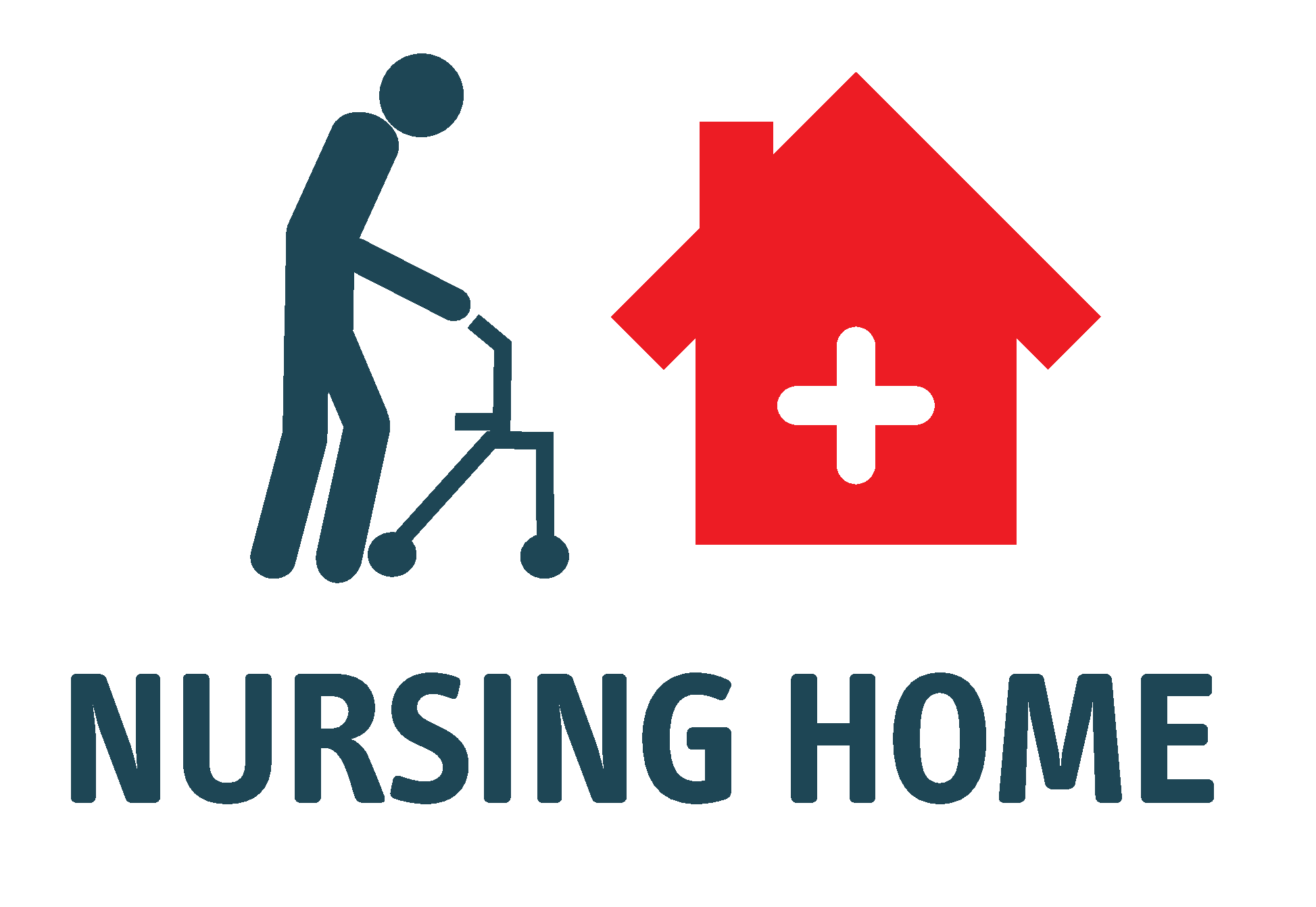COVID-19 Shows Need for Better Long-Term Care for Older Americans

The COVID-19 pandemic has shown the need to strengthen the long-term care safety net for older Americans, to provide better care without forcing families into financial ruin, a new study finds.
The report proposes a system of universal coverage to support the long-term care needs of all older Americans. It calls for providing an expanded Medicare program that would cover nursing homes and other long-term care, compensate family caregivers and provide more equitable care to all seniors, not just those willing and able to pay for it.
“This approach would protect against financial catastrophe and end the current system that is based on the need to be financially destitute in order to access coverage via Medicaid,” the researchers said in a news release. “Such an approach would benefit both individuals and families and would also create a far more stable and more generous funding stream to providers.”
The study was conducted by researchers from the Oregon Health & Science University and published by Milbank Quarterly.
Walt Dawson, D.Phil., assistant professor of neurology in the OHSU School of Medicine, said he believes the pandemic could be an “inflection point to improve the U.S. system of long-term services and support.”
The report lays out a series recommendations to repair what it characterized as a “fragmented and patchwork system” of long-term services and supports for older Americans living with physical and cognitive impairments.
Long-term recommendations
- Universal coverage: The report calls for establishing universal coverage for all Americans’ long-term care needs through Medicare. “Universal coverage is essential to achieving greater equity in access and coverage, but it is also essential to the fiscal viability of the financing mechanism (e.g., everyone pays into the system),” the authors write.
- Creating an age-friendly health system: The report calls for better collaboration between public health, health care systems and long-term care to safeguard the health and safety of older adults.
Near-term recommendations
- Improved reporting of COVID-19 infections: The report calls for improving a “lack of publicly available information” nationally about COVID-19 infections among people receiving long-term services and supports and the workforce caring for them.
- Support for unpaid caregivers: Family caregivers could be identified through Medicare and compensated at the rate of home health aides. In addition, the report calls for improved lines of communication between acute care facilities and other forms of long-term services and support.
- Equitable treatment: The Medicaid reimbursement system should provide resources to support independent long-term care and home care providers who often care for the most vulnerable and medically fragile older adults.
“Although these are not new problems, the pandemic has exacerbated and amplified their impact to a point that they are impossible to ignore,” the report concludes. “The opportunity for reform is now.”
Patchwork system
Currently, older people and their families find themselves in an often-confusing welter of programs that may not meet the needs of seniors and that often threaten to bankrupt families.
While Medicare pays for most ordinary doctor and hospital bills, it does not generally cover the cost of long-term care such as nursing homes. Families must either pay $80,000 or more per year for private nursing-home care or exhaust the patients’ financial assets in order to qualify for Medicaid, a state-supported service that varies widely from one state to the next.
The Biden Administration has been pushing for a “public option,” a Medicare-style plan that people could choose to buy” to help improve healthcare covesrage. But, although it is the centerpiece of Biden’s health care plan, it’s not expected to pass the Senate.
“Medicaid is often of importance to middle-income Americans because Medicare does not cover the costs of long-term care for illnesses such as Alzheimer’s disease or paralysis caused by a stroke. Most people who need such care for extended periods will eventually deplete their assets and become unable to pay the costs of their care,” according to a brochure available online from the National Academy of Elder Law Attorneys (NAELA).
Medicaid eligibility is based on a person’s monthly income, which may include a pension, Social Security and other payments, plus “countable” assets, according to AARP.
Assets that don’t count in the eligibility equation include a home if used as your primary residence, a car and some types of trusts. In other words, if you still live at home but your spouse needs regular custodial care, states will not include your house and car in their estimate of assets, AARP said.
Families should consult an elder law attorney before attempting to “spend down” their assets.
